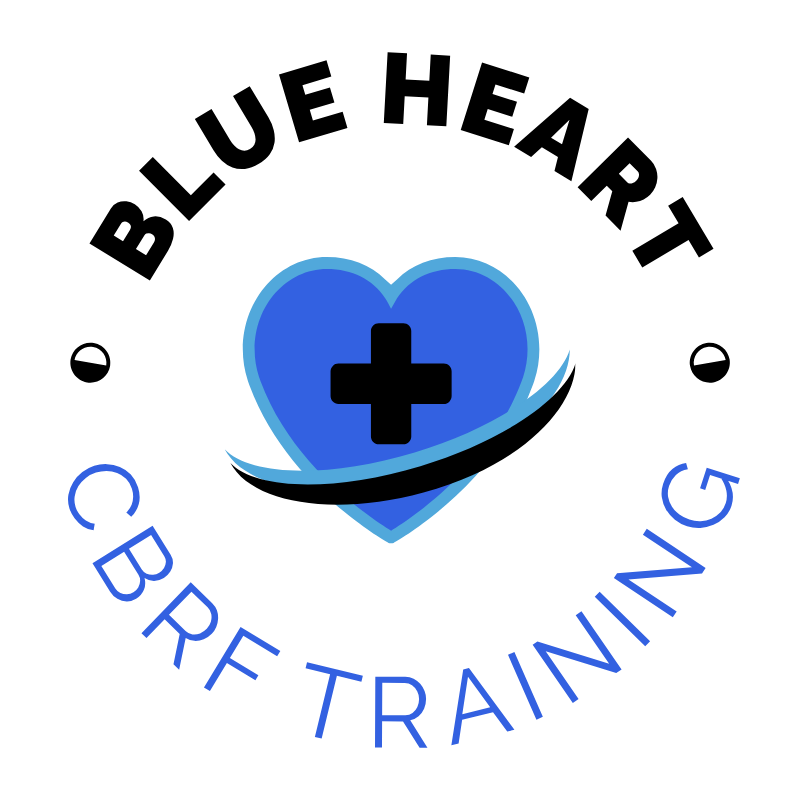Fire Safety Course
Our 3-hour Fire Safety course equips caregivers with essential skills to prevent and respond to fire emergencies. This training is crucial for ensuring the safety of residents in community-based living facilities.
- Essential training for caregiver safety and preparedness.
- Learn vital fire prevention techniques.
- Hands-on practice for real-life scenarios.
This course covers critical topics such as fire hazards, evacuation procedures, and the use of fire extinguishers. Participants will engage in interactive discussions and practical exercises. By the end, caregivers will feel confident in their ability to handle fire emergencies.
By the conclusion of the course, participants should be equipped with:
Fire Dynamics Understanding
Grasp the concept of the "fire triangle" (fuel, heat, oxygen) and the quick spread of flames—highlighting that a room can be fully engulfed in fire within two minutes.
Identifying Fire Risks & Prevention Methods
Recognize common hazards in CBRFs, such as:
- Smoking materials
- Electrical risks (e.g., extension cords, faulty wiring)
- Portable heaters and maintenance oversights
- Cooking-related hazards
- Improper use of candles or dryers (lint accumulation)
Fire Detection & Alarm Mechanisms
Smoke alarms: differences between local and externally monitored systems and how interconnected setups improve safety.
Protocols for maintenance, testing schedules, and legal stipulations as per DHS 83.48.
Fire Extinguisher Operation
Required extinguisher types (multi-purpose dry chemical for Class A, B, C fires), their locations, annual inspections, and practical training in the PASS technique.
Evacuation Strategies & Resident Protection
Tailored evacuation steps that consider residents’ abilities; evaluate physical and cognitive limitations.
Types of facilities based on evacuation capabilities (ambulatory, semi-ambulatory, non-ambulatory) and size-related requirements.
Evacuation timeframes (under 2 minutes, 2–4 minutes, over 4 minutes) and their effects on safety requirements such as sprinklers and staffing levels.
Emergency Fire Response – RACE(E) Protocol
Rescue → Activate alarm → Contain/control fire → Evacuate → Extinguish (when it is safe)
Facility Emergency & Disaster Preparedness
Elements of the facility’s written emergency plan: evacuation routes, disaster protocols (e.g., severe weather), sheltering methods, and how these are communicated to staff and residents.
Fire Drills & Documentation
Drill mandates: quarterly evacuation drills and annual nighttime simulations. Records must include dates, evacuation durations, assistance required, and be kept for a minimum of two years.
Post-fire or temporary evacuation documentation (e.g., form F‑62500) must be submitted to the Division of Quality Assurance.
Case Studies
Real-life examples illustrating fire risks and prevention measures.
Thorough review of key learning points and actions to save lives.
Course Pricing
Enroll in our Fire Safety course for just $100 and ensure compliance with state regulations.
Course Duration
This course lasts 3 hours, plus time for testing to validate your knowledge.
Certification Requirement
Completing this course meets the DHS requirement for fire safety training in CBRFs.
Approved Curriculum
Our curriculum is standardized and approved by the Wisconsin Department of Health Services.
Enroll in Fire Safety Course
Get certified in Fire Safety today!
FAQs
Find answers to common questions about CBRF certification and our training programs.
CBRF stands for Community-Based Residential Facilities. These facilities provide services and supervision for five or more unrelated individuals. They are designed to support residents in a community living environment.
After successfully completing your course, your name will be viewable in the Wisconsin CBRF registry within 24 hours. This allows employers and others to verify your certification. It's a crucial step in your career as a caregiver.
No, you do not need to be a Certified Nursing Assistant (CNA) to obtain your CBRF certification. This opens the door for many individuals interested in caregiving. Our training is designed to equip you with the necessary skills regardless of your background.
Currently, we do not offer payment plans for the four-course bundles. However, you can enroll in individual courses and pay for them separately. This flexibility allows you to manage your education at your own pace.
Your proof of completion will be your name listed in the Wisconsin CBRF Registry. This registry serves as verification for you and potential employers. It ensures that your training is recognized and valid.
It is not required to take all 4 courses, but it is HIGHLY recommended that you do. Most facilities require completion of all 4 courses, and you cannot pass medications to residents without completing the medication administration course.
At present, in-person classes are available only for companies that hire us to instruct a group of their employees at their location.
Still have questions?
We're here to help!



